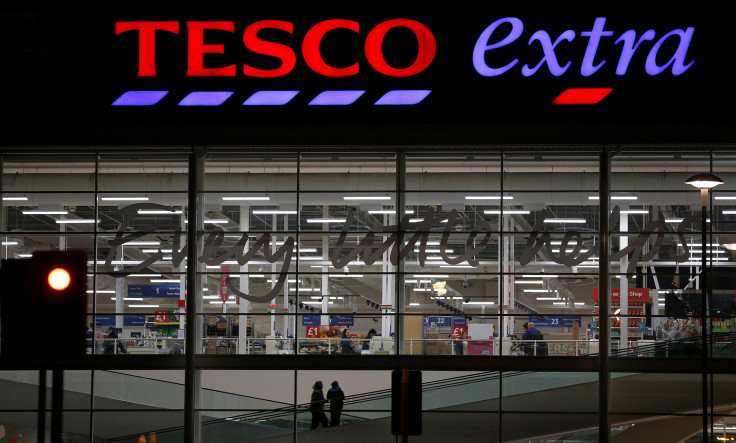Is It More Expensive To Be A Woman? Amid Pink Tax Debate, UK's Tesco Chain Will Charge Less For Razors

The United Kingdom's largest supermarket chain is charging women the same price for razors as it does men. It's a big deal because women across the globe are generally charged far more than men for the same products in a phenomenon known as "the pink tax."
With gender inequality still a huge economic problem for many women, the Tesco chain announced Monday it would reduce the cost of basic women's razors so that men weren't paying less. British lawmaker Paula Sherriff had led the charge after noting that the only difference between the razors was the color. Women's razors were pink while men's disposable twin-blade razors were blue. Because of the color difference, the men's razors were about 10 cents cheaper in British pounds, CNN reported.
Tesco has 3,500 stores across the U.K., so its a policy shift that could make a difference. The chain sent a letter to Sherriff noting it would review its prices to ensure women weren't paying more than men for essentially the same items.
"We are guided by doing what is right for our customers ... so we have reduced the cost of our women's twin blade razors, so that they are the same price per unit as the male equivalent," a Tesco spokesman said in a statement.
There is a wealth gap between men and women and more expensive products do not help. In the United States, for example, full-time working women are paid about 78 percent of what their male coworkers earn. “No matter how you evaluate the data, there remains a pay gap — even after factoring in the kind of work people do, or qualifications such as education and experience,” according to the White House.
In New York City, a city government study of 800 products concluded that women were being charged more than men in 42 percent of cases, including for toys, clothing and health care products. A California review found the so-called woman tax resulted in about $1,351 annually in extra costs.
"Individual consumers do not have control over the textiles or ingredients used in the products marketed to them and must make purchasing choices based only on what is available in the marketplace. As such, choices made by manufacturers and retailers result in a greater financial burden for female consumers than for male consumers," the New York City report said.
© Copyright IBTimes 2024. All rights reserved.






















